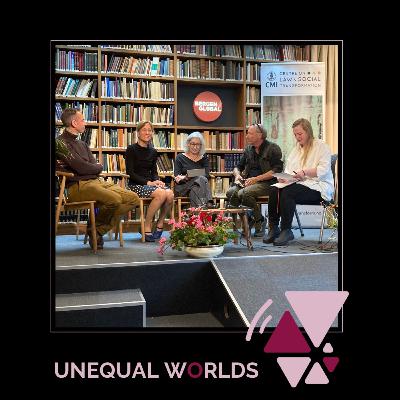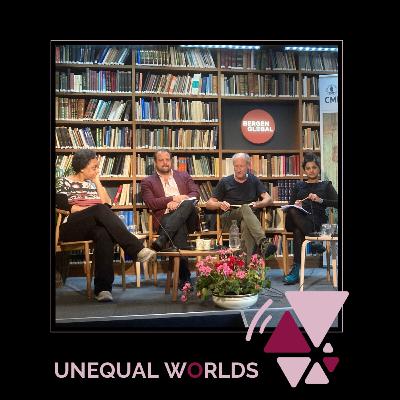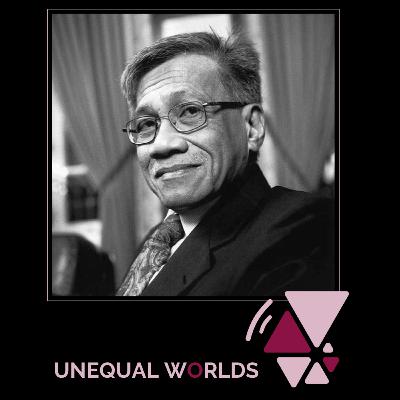#3 The pandemic, smart cities and technology inequalities; an interview with Jaideep Gupte
Description
Smart cities with their digital technological innovations and application of information technologies are argued to be more sustainable, resilient, efficient and better able to respond to changing circumstances or challenges. But what does this narrative of technological development and smart cities actually entail, how have smart cities dealt with COVID-crisis and what can we learn from all this?
Dr Jaideep Gupte is a Fellow of the Institute of Development Studies at the University of Sussex and leads “the Cities and Sustainable Infrastructure” Portfolio of the Global Challenges Research Fund. Jaideep’s research has received the Global Development Network Medal for Outstanding Research, and he was formerly Prize Fellow of the Urban Design Research Institute, Mumbai. He has conducted primary research in South Asia (India, Bangladesh, Nepal) and sub-Saharan Africa (Sudan, Kenya, Nigeria). Jaideep uses multidisciplinary approaches to understand the material, temporal, political and technological aspects of urban informality.
This interview is part of the GRIP miniseries Inequality in the (Post-) Pandemic City.
Dr Gupte's research seeks to foreground the voices and everyday experiences of the most marginalised urban residents. He has served as a consultant for a variety of donor agencies, UN Agencies, several urban local authorities and a range of NGOs. He is currently the Principal Investigator on ‘Smart Data for Inclusive Cities’ programme funded by the European Commission; a Co-Investigator of the Global Challenges Research Fund ARISE Accountability in Urban Health Research Hub; and the Principle Investigator of the ‘Governing the ungovernable’ programme funded by the Gerda Henkle Stiftung.
***************************************************
Twitter - Facebook - Instagram
***************************************************
Photo: Urban Nightscape - Technology imitates landscape. Photo by Todd Cliff, Flickr.
























